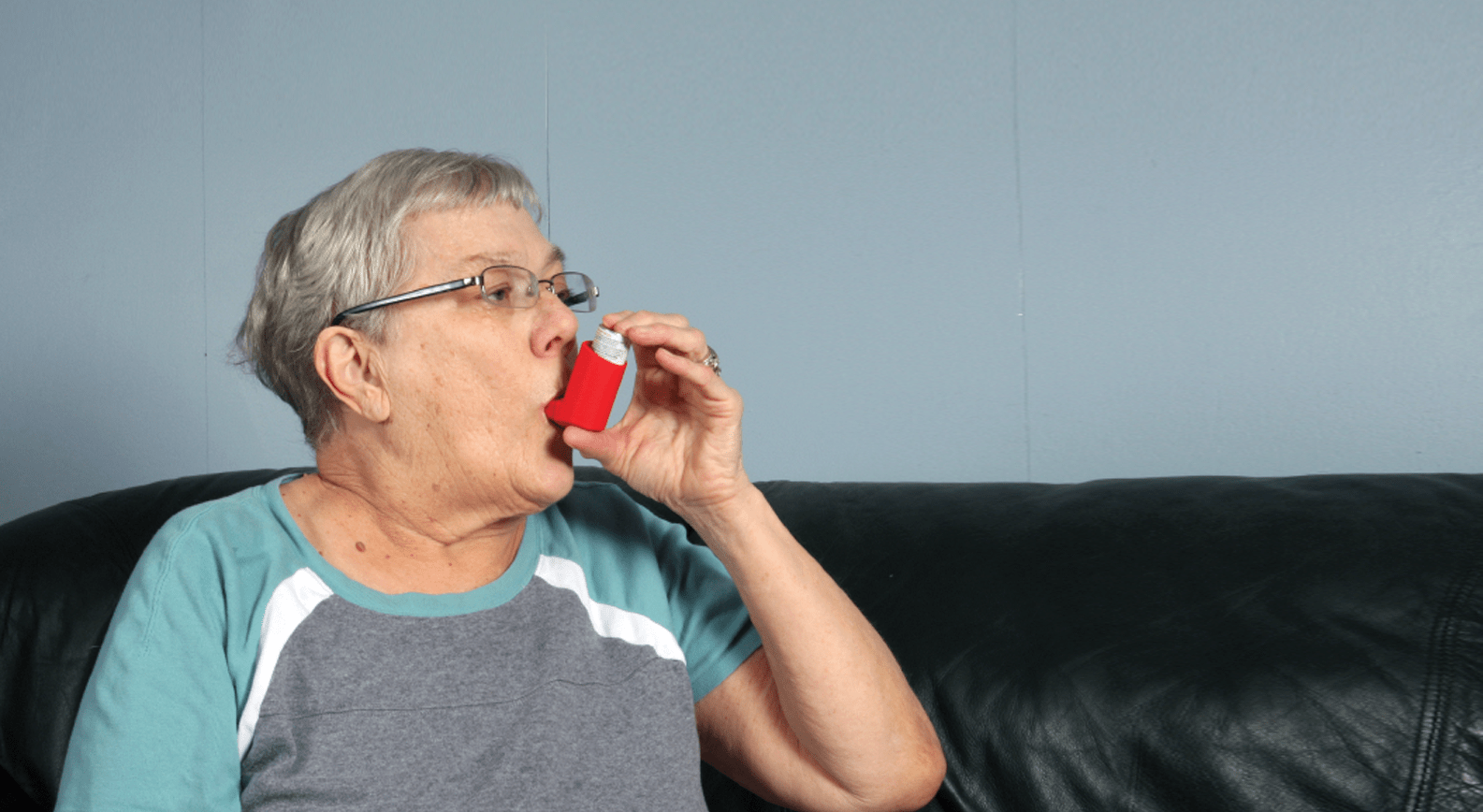Over the last several years, many resources have been invested in internet-based interventions to improve health as a result of government programs and initiatives led by healthcare providers. These resources, including tools like electronic health records (EHRs) and online health portals, are designed to help patients become more active participants in their healthcare. “Despite these efforts, many older Americans, especially those with low health literacy, may not be prepared to use these resources,” says Helen Levy, PhD. “Others have difficulty interacting online with information received from their records.”
Quantifying the Relationship
Dr. Levy and colleagues had a study published in the Journal of General Internal Medicine that aimed to quantify the relationship between health literacy and use of the internet for obtaining health information among older patients. The retrospective analysis reviewed 2009 and 2010 data from the Health and Retirement Study, a longitudinal survey of a nationally representative sample of older Americans. The study included 824 community-dwelling adults aged 65 and older from the general population and 1,584 internet users in the same age range.
According to the results, only about one in 10 elderly people with low health literacy used the internet to obtain health information, compared with about one in three older patients who had adequate health literacy. “These findings persisted even after controlling for sociodemographic characteristics, health status, and general cognitive ability,” Dr. Levy says. “Older adults who used the internet but had low health literacy were less likely to use the web for any reason, let alone to get health or medical information. Those with low health literacy are vulnerable because they are less likely to be able to benefit from these new technologies.”
Consider Potential Barriers
Failure to consider the unique barriers that older Americans face—particularly those with low health literacy—may increase the risk of exacerbating the current trend of a digital divide in this patient population. Health information technology offers the promise of significant benefits, but these tools come with the risk that these benefits will not be shared equally.
EHRs, online portals, and the internet are becoming more critical to healthcare delivery, offering benefits like reminders for wellness visits and screening tests, access to immunization records and lab results, and information on obtaining prescription medications and using them appropriately. Dr. Levy says special considerations may be needed to address older Americans with low health literacy. “Our findings should increase awareness among clinicians that low health literacy among seniors should be viewed as a risk factor for poor outcomes,” she says. “We need innovative interventions to reach older adults with low health literacy so that they are not left behind by these advances in technology.”



 Janine Anthes
Janine Anthes